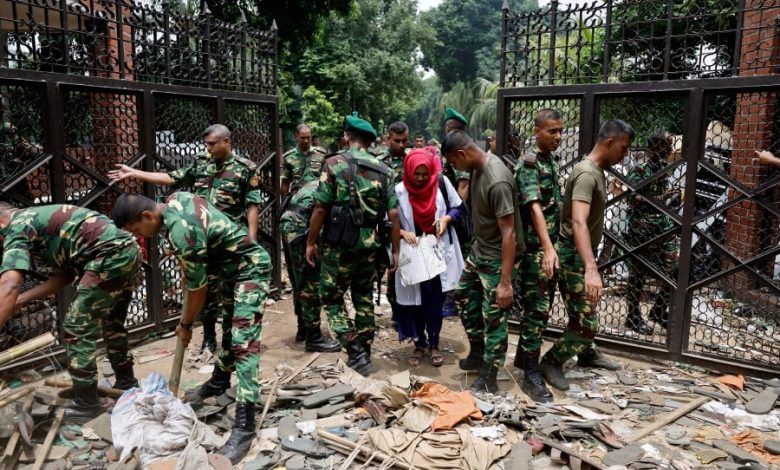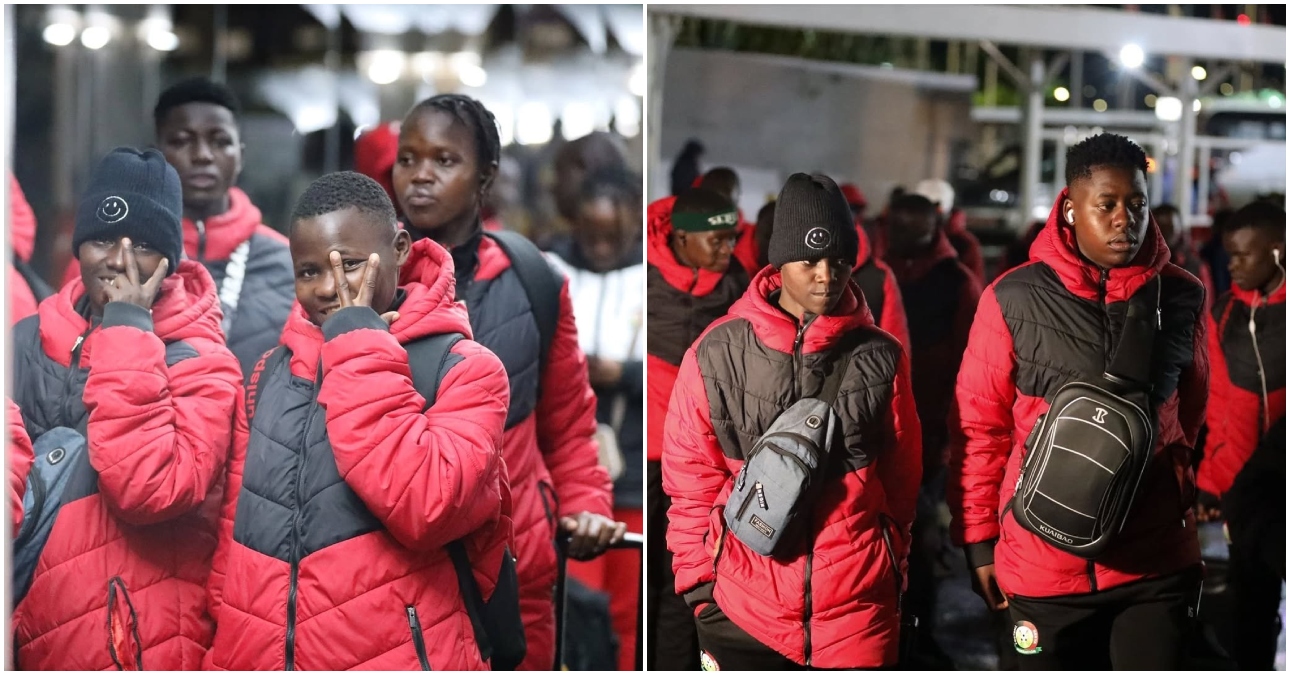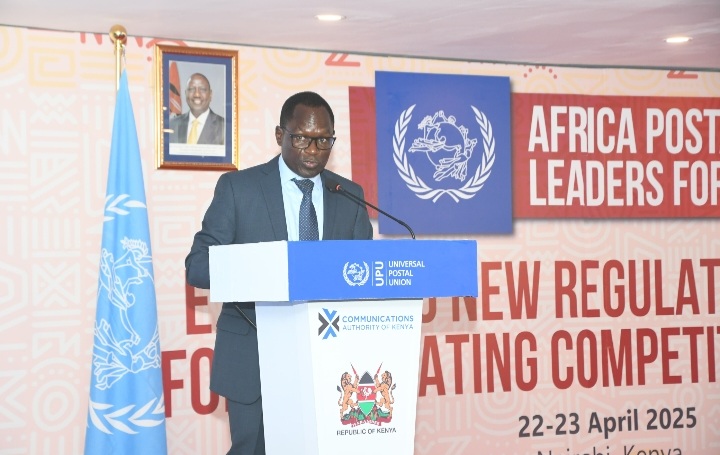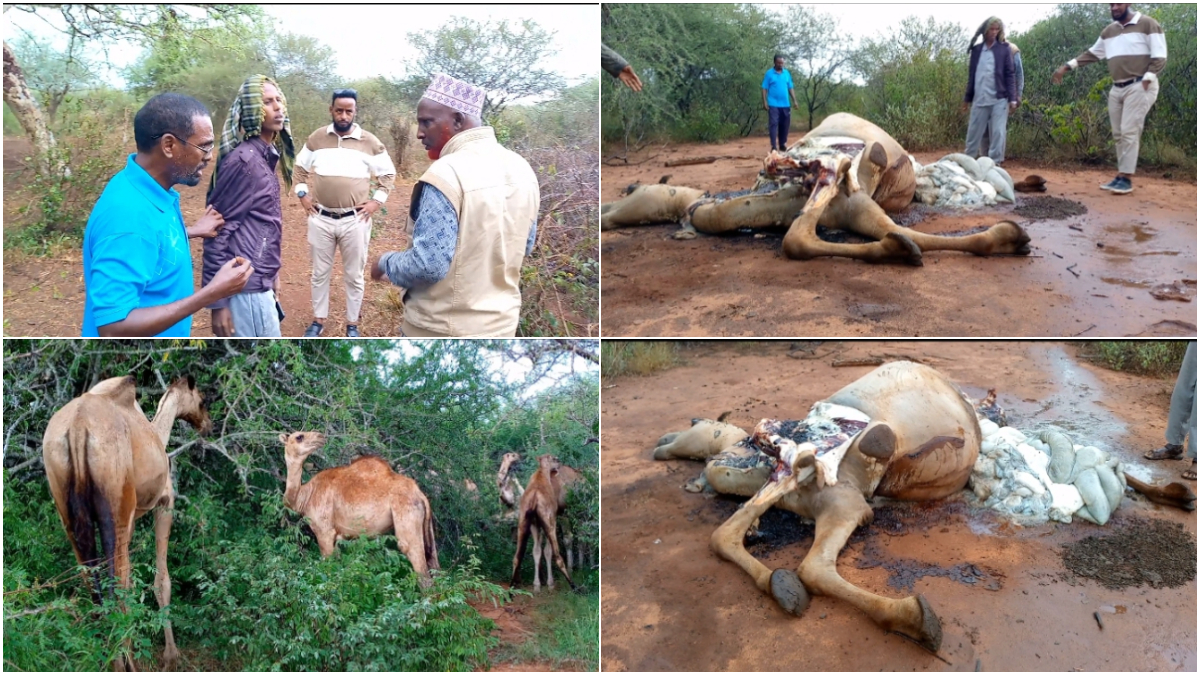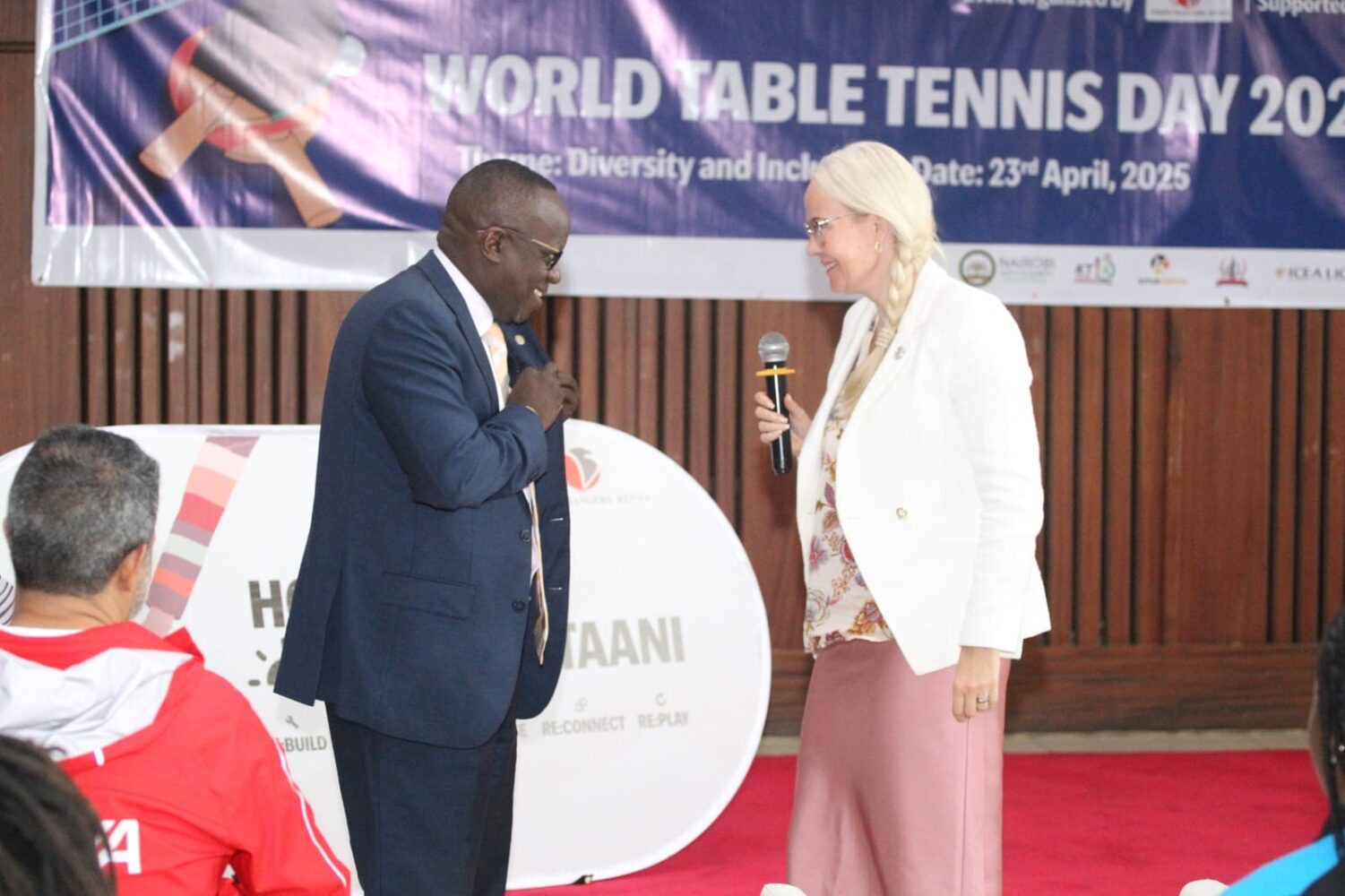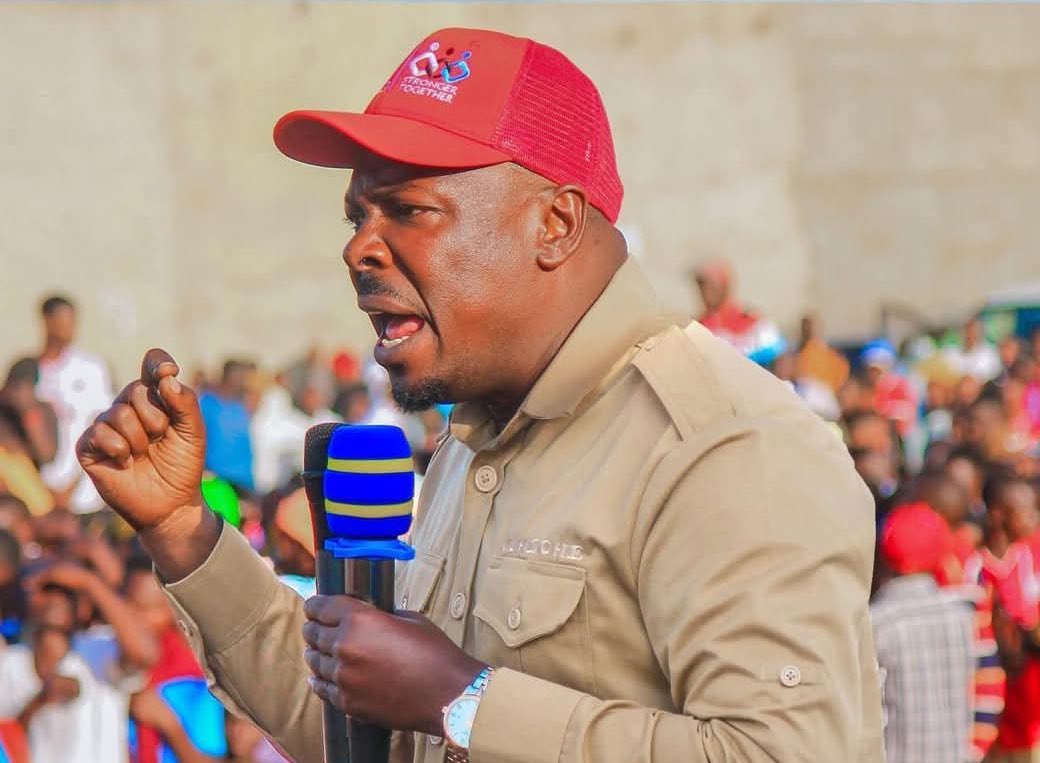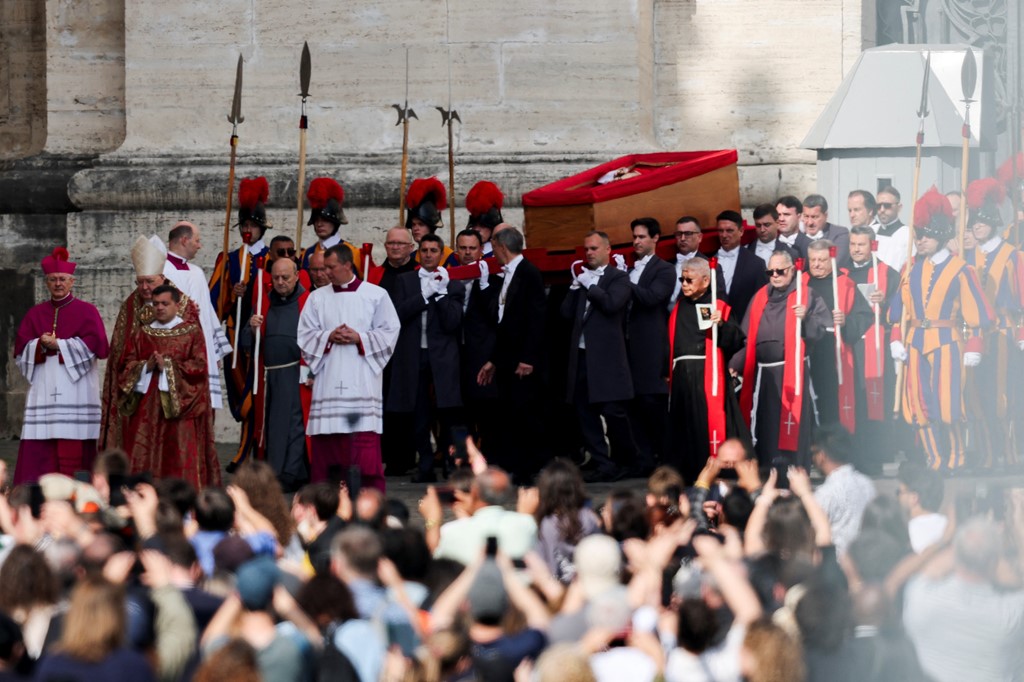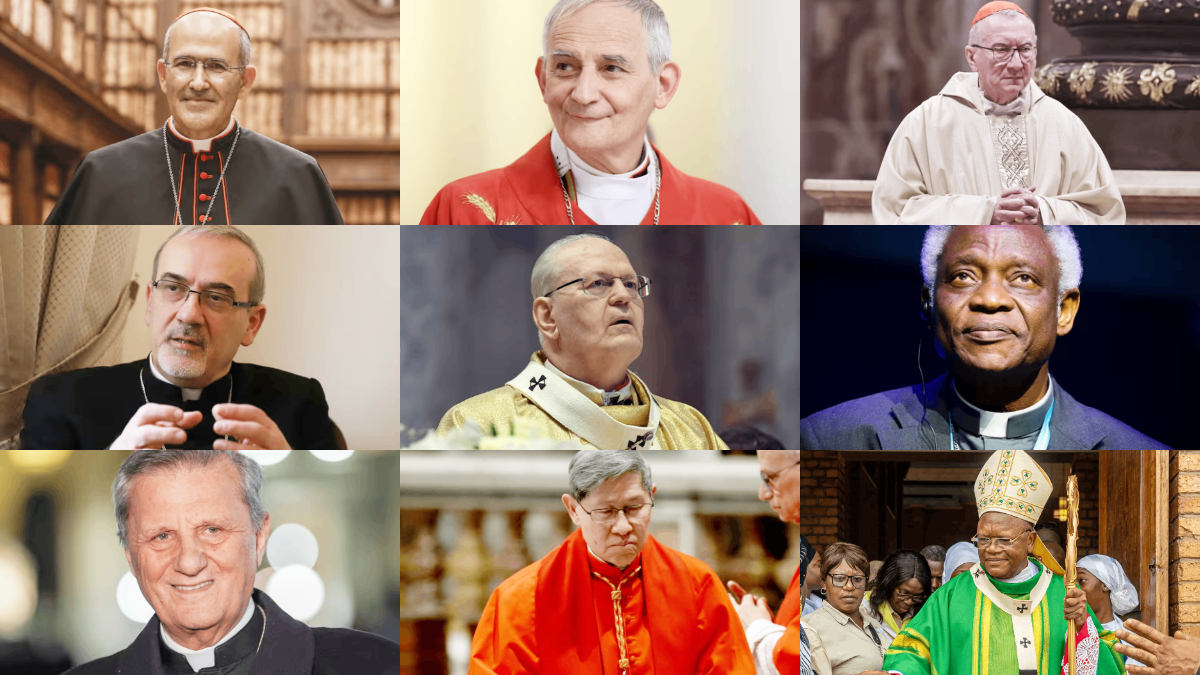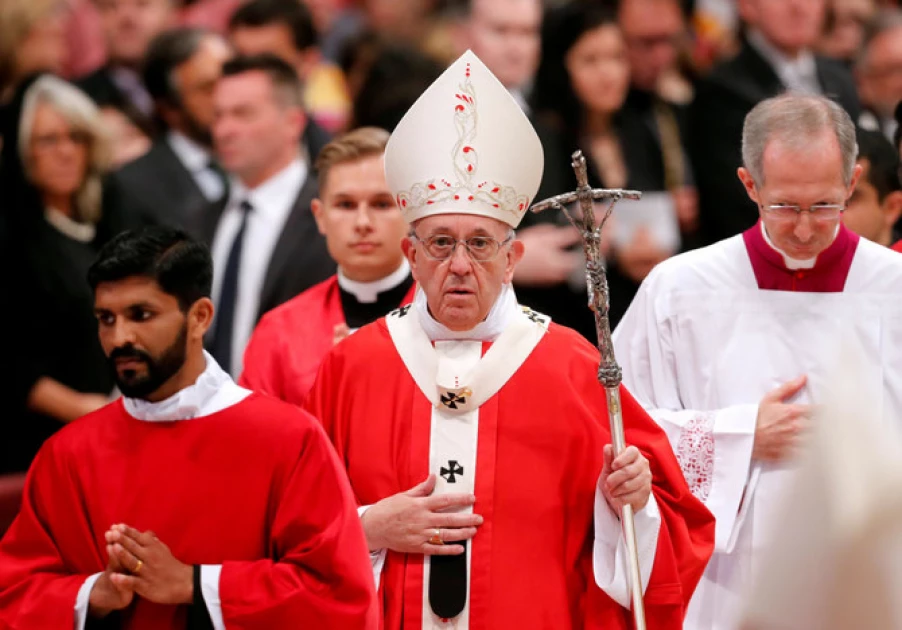It is now emerging that the Bangladesh army refused to suppress violent protesters, leaving the country’s Prime Minister Sheikh Hasina vulnerable.
According to Reuters, the night before Hasina fled the country and resigned amid deadly protests that defied curfew orders, her army chief held a crucial meeting with his generals.
In this meeting, two serving army officers with knowledge of the discussions told Reuters, it was decided that the army would not open fire on civilians to enforce the said curfew.
An Indian official briefed on the matter says that General Waker-Uz-Zaman informed Hasina’s office of the decision not to implement the curfew she had initiated.
“The message was clear, the official said: Hasina no longer had the army’s support,” Reuters wrote.
Confirming the Sunday evening meeting, Army spokesman Lt. Col. Sami Ud Dowla Chowdhury said it was a regular meeting to take stock after any disturbance.
Hasina flees
Hasina – who had ruled the country for 15 years — on Monday, August 5 resigned and fled for her safety as violent protesters ignored a national curfew to storm the prime minister’s palace in Dhaka.
The nationwide curfew had been imposed after Sunday’s violent protests in the capital left at least 95, including at least 14 police officers, dead, while hundreds injured.
On Monday, at least six people were reportedly killed in clashes between police and protesters. This took the total number of deaths since the student-led protests began in July to at least 300, the AFP reports, quoting its tally based on police, government officials and doctors at hospitals.
What’s the genesis of the protests?
Since the 1971 Liberation War (also known as the Bangladesh War of Independence), Bangladesh has reserved a 30% quota in civil service and public sector (government) jobs to the descendants of freedom fighters who participated in the movement to free the country from Pakistan.
Coincidentally, the quota system was introduced by then-Prime Minister Sheikh Mujibur Rahman, the father of Hasina, in 1972.
But in October 2018, Hasina abolished the quota system amid protests by students.
However, the High Court — in June this year — nullified Hasina’s decision and reinstated the quota system. The court was acting on a petition filed by relatives of the 1971 freedom fighters.
The demonstrations began with students seeking to end the quota system.


